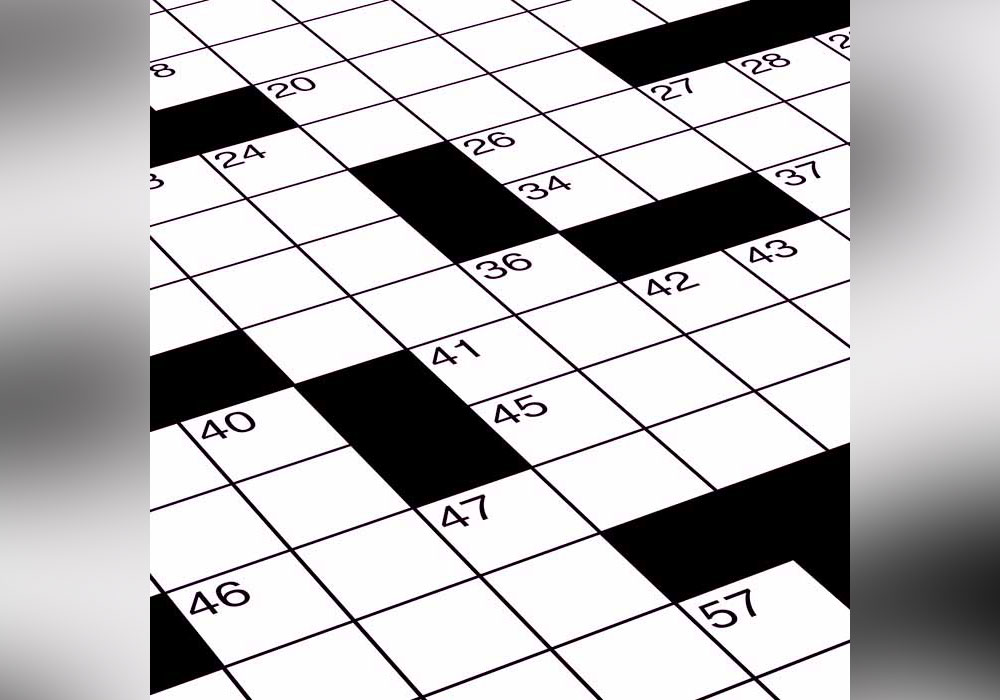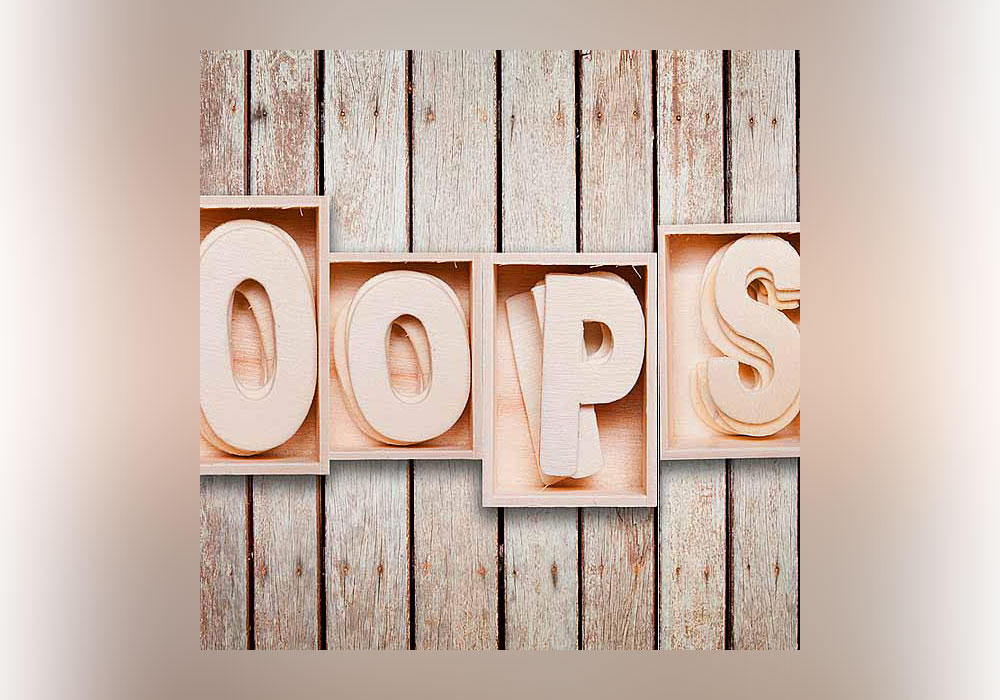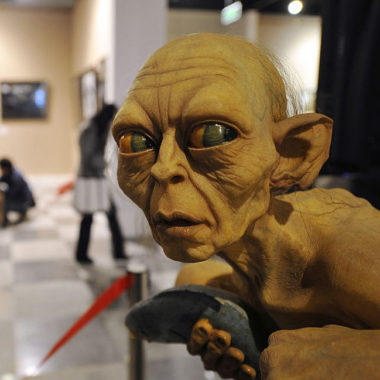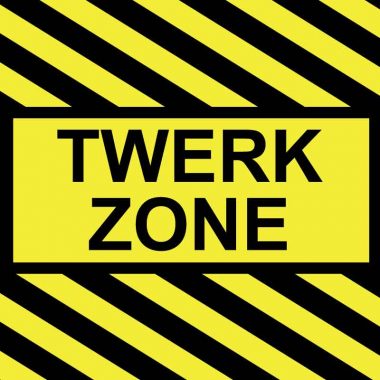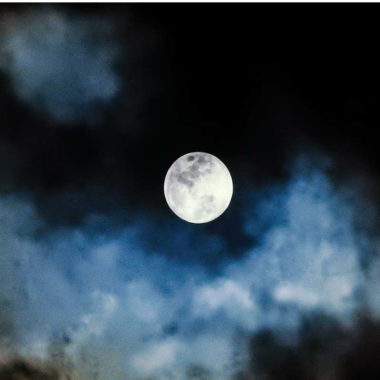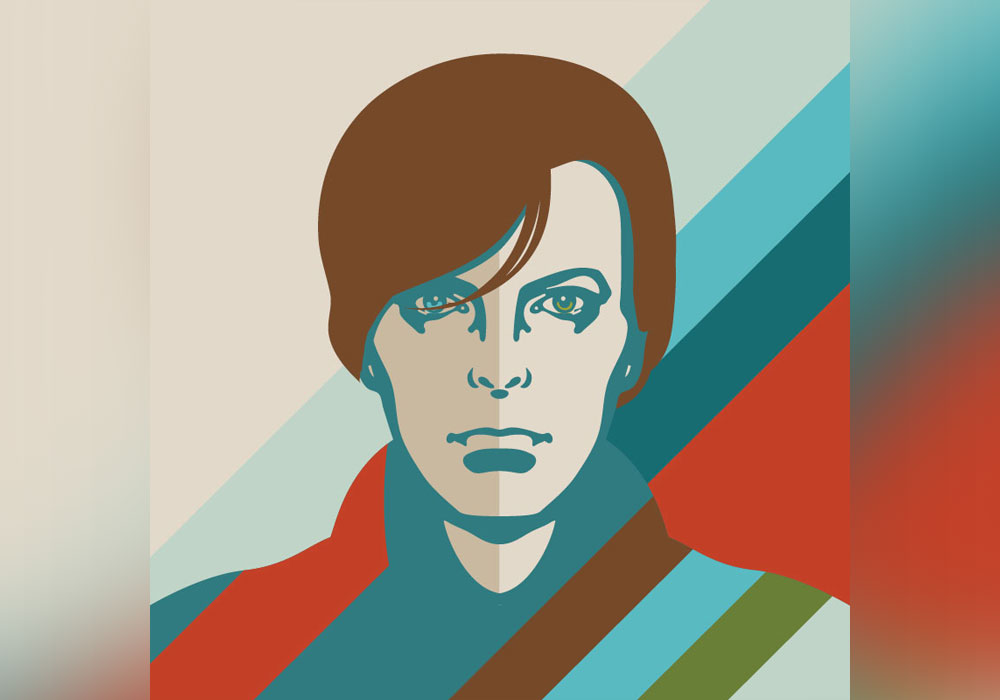How Does Autocorrect Ducking Work, Anyway?
The iPhone may have only shown up during the aughts, but autocorrect is almost as old as personal computers. Even some of the earliest word processors had a spellcheck feature that suggested alternative words if a word you typed did not appear in its internal dictionary. Certainly, today, autocorrect has come a long way since the Cupertino effect. What’s the Cupertino effect? Well, in its …

